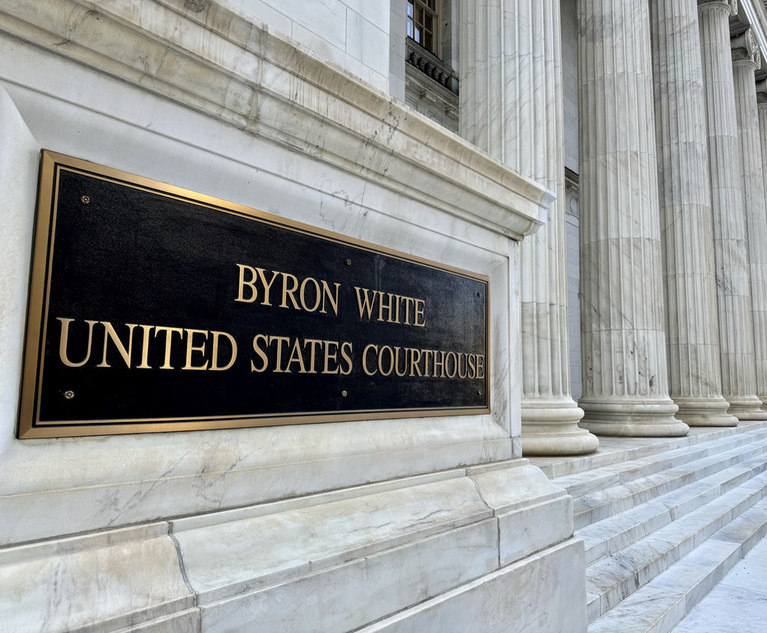False DNA evidence dominated the 2011 trial of Texas death row inmate Areli Escobar. In an unusual alignment of interests, Escobar and his prosecutors, backed by a state habeas court decision, are asking the U.S. Supreme Court to swiftly overturn a state appellate court decision that the evidence did not justify a new trial.
“It is a rare case and a rare alignment of interests,” said Benjamin Wolff, director of the Office of Capital and Forensic Writs in Austin, Texas. Seldom is a Supreme Court petition filed by a death row inmate supported—not opposed—by a local prosecutor’s office, he said.
This content has been archived. It is available through our partners, LexisNexis® and Bloomberg Law.
To view this content, please continue to their sites.
Not a Lexis Subscriber?
Subscribe Now
Not a Bloomberg Law Subscriber?
Subscribe Now
LexisNexis® and Bloomberg Law are third party online distributors of the broad collection of current and archived versions of ALM's legal news publications. LexisNexis® and Bloomberg Law customers are able to access and use ALM's content, including content from the National Law Journal, The American Lawyer, Legaltech News, The New York Law Journal, and Corporate Counsel, as well as other sources of legal information.
For questions call 1-877-256-2472 or contact us at [email protected]


 The U.S. Supreme Court in Washington, D.C., Oct. 1, 2021. Photo: Diego M. Radzinschi/ALM
The U.S. Supreme Court in Washington, D.C., Oct. 1, 2021. Photo: Diego M. Radzinschi/ALM







